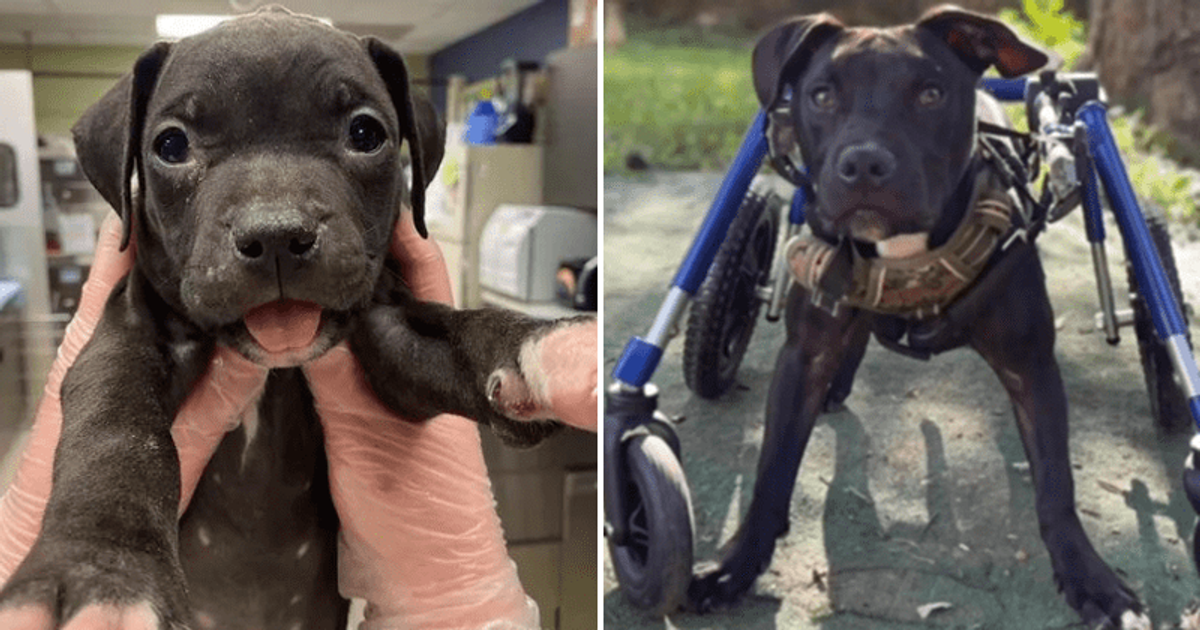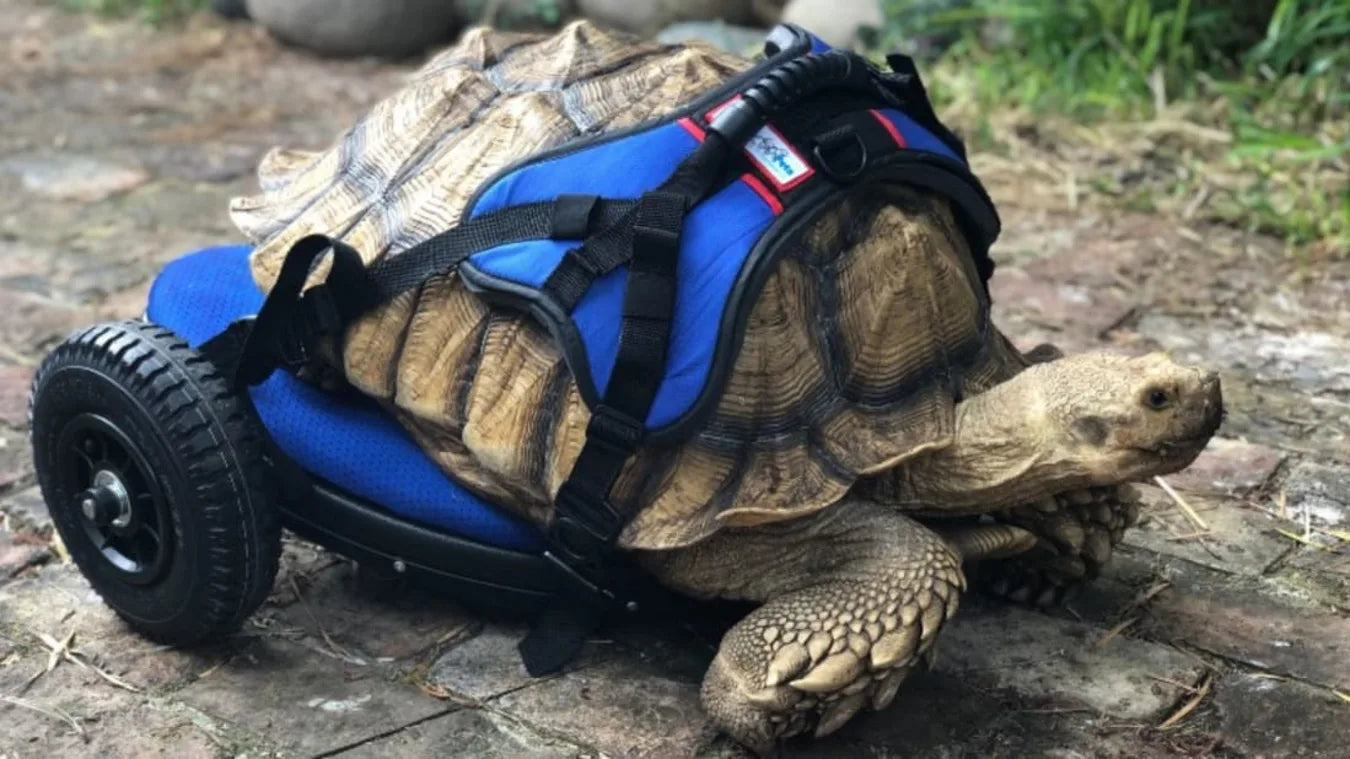Sit Down Dog Wheelchairs

Your Pet & Coronavirus: What You Need to Know
Coronavirus has put a question over everything and anything these days. Though scientists are still not sure whether Covid-19 or viruses related to this family can harm animals or not, a few pets like cats, dogs and horses have been seen getting infected to a type of coronavirus. The virus that infects animals is of the Covid-19 family, but, unlike humans, the virus has not shown to be deadly in pets.
Everything You Need to Know About Your Pet and Corona:
- If your pet catches the virus that causes Covid-19 isolate them immediately and keep them away from humans and other pets.
- Chemical Disinfectant, Hydrogen peroxide, alcohol, and other sanitizing products which contain chemicals can be very harmful to your pet.
- You should know that very few pets can catch the virus, which causes Covid-19 in humans.
- If any pet catches the infection, it has either no symptoms or mild symptoms. None of the pets have tested positive have died from this disease.
- Call your pet's doctor right away if your pet is infected from the virus and discuss what needs to be done. Usually, infected pets can be treated at home.
- If you are positive for Covid-19, then do not take your pet to the vet; call him and ask what measures can be taken if it is very urgent.
The test for the virus is available for almost all kinds of pets. Testing is limited for only pets exposed to a corona patient or have some symptoms of the virus flu.
As per the experts' reports, it is unlikely that animals can be affected by this disease in large numbers. So, you are not required to surrender your pet or even abandon him if he catches the virus.
What to Do If Your Pet Tests Positive for Covid
If your pet tests positive for the virus, your vet will likely recommend that you isolate your pet in your home. Few of the tested pets showed any symptoms at all and those that did only had mild symptoms that can be easily handled at home. You should follow a few tips if your pet is isolated at home to protect him and the family as well:
- Quarantine your pet at home, only take your pet out when you have an appointment with the Vet.
- Monitor your pet symptoms, and inform your Vet of any changes.
Keeping track of your pet's behavior and symptoms is one of the most important things you have to make sure you do every day. If you think your pet's condition is changing to more problematic symptoms, contact your Vet immediately.
Avoid the following, even when your pet has started to recover from the disease:
- Don't take your pet to the Vet without taking an appointment.
- Do not visit any other health care facility.
- Avoid taking your pet out in public - especially schools, parks, and markets.
- Your dog should not go to puppy daycare or come into contact with other animals.
- Continue to keep him home for at least another week after he is feeling fine.
Coronavirus Symptoms in Pets
The following symptoms may occur in pets that test positive for Covid-19:
- Fever
- Coughing
- Lethargy
- Sneezing
- Runny nose
- Diarrhea
- Vomiting
- Nasal Discharge
- Shortness of breath or difficulty in breathing
If your pet is tested positive, you need to inform your Vet immediately, and he will maintain a daily log of his routine.
How to Isolate Your Pet from Others
It may not be easy but you have to keep your sick pet separate from everyone in the house, including other pets.
- Avoid snuggling and petting your dog - this type of contact increases the chance of passing on the infection.
- Provide your pet with an isolated pet litter box or safe place to potty away from everyone else. If your pet continues to go outside this should be an area far away from other people and pets.
- Cats should be strictly isolated and cannot move outside of the house if infected with the virus.
Protect Yourself from Getting Infected
To protect yourself and lower the possible spread of the coronavirus infection, try to follow the same protocols and guidelines for other COVID patients who might get infected in your home.
- If you are considered high risk, ask someone else in the house to step in and help care for your pet.
- Always wear a mask and disposable gloves, cover as much of yourself as possible when in close quarters.
- Wash all of your pet's toys, bedding, and food/water bowls
- If your pet uses a litter box, keep the box lined with a plastic bag for safe and easy disposal.
- Disinfect and clean often - always wear protective masks and gloves.
- Keep hand sanitizer nearby and wash hands often.
- Avoid touching your eyes, nose, ears and face.
- Talk to you Veterinarian regularly
When to End Your Pet's Quarantine
Determining when it's safe for your pet to end quarantine is not a decision to make on your own. Ask your Veterinarian for their advice and guidance, additional follow-up appointments may also be necessary. Typically, most pets are able to move around freely and safely if it has been 14 days from their positive Coronavirus test and have not shown symptoms in at least 72 hours.
Thank you to Guest Author, Harsh Arora for this article. Harsh is a lifelong dog and horse owner and currently writes for Stallion House. He is a certified therapeutic riding instructor.









